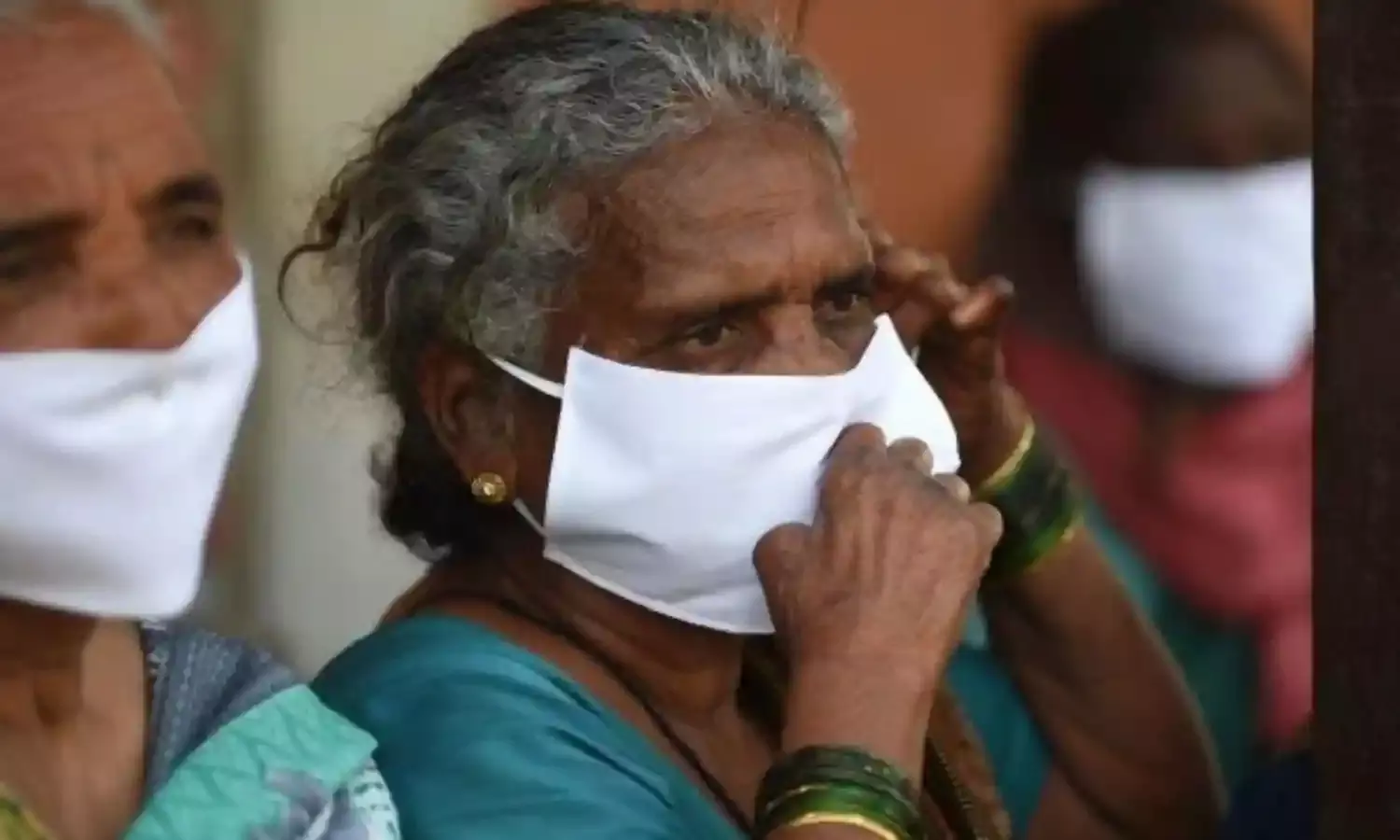Governments Must Make Senior Citizens a Priority Now
Governments must ensure that coordinated support reaches this group regularly
The breakout of the novel coronavirus and the subsequent lockdown imposed by the Indian state has been a living nightmare for the country’s senior citizens. The virus affects the elderly population disproportionately and fatally, making them one of the most vulnerable social groups to Covid-19.
According to the union health ministry, Indians over the age of 60 account for 63% of the total reported deaths, even though most of those infected were less than 50 years old. This was based on an analysis of 4,067 cases and 109 deaths in the country; the respective numbers have doubled and tripled in the span of a week.
How far are we from the terrifying scenes surfacing in nations like Italy, Spain and the United States, where doctors have had to choose who they can tend to and who should be left to die? Such a situation is often to the detriment of senior citizens, who often have other health conditions, and are calculated to have fewer “life years” remaining.
Therefore, governments must ensure that coordinated support reaches this group regularly, on priority.
Senior citizens from low-income neighbourhoods have been promised a pension increase by some state governments. Many have announced a pension increment for those with a BPL card — now they will need to ensure these policies are actually implemented.
For instance, the Delhi government has promised to transfer ₹5000 to all pension recipients in the old-age, widow and differently-abled categories. We spoke with someone who has been working on the ground, who told us that some have received the amount while many still haven't.
In Assam, the government’s Vridha scheme transfers a pension to everyone with a BPL card who is older than 60. We spoke with someone who told us her domestic help in Jorhat gets ₹500 per month under the scheme, and that in the existing situation pension recipients with or without BPL cards will be given ₹1000 each.
The Odisha government has announced four months’ advance pension for the elderly who are widows or have disabilities, from April to July.
Will these amounts be enough to sustain people during the crisis? Even in ordinary times, most pension recipients continue to have to earn an income, as domestic workers or daily wage earners.
Senior citizens not living in a joint family, especially those whose children live in different cities or countries, are confronting a different set of challenges that demand immediate attention.
A large number of middle and high-income complexes have banned domestic workers, car cleaners or drivers from entering their housing societies and gated colonies. But these workers are a support system for households with senior citizens, especially those living independently, whom they rely on heavily.
In 2018 the head of the West Bengal government Mamata Banerjee introduced Pronam, an initiative for senior citizens wherein police stations maintain a database of senior citizens residing in their jurisdiction, and call on them to ask whether they need medicines or other essentials, which they deliver to their doorsteps.
This has been ramped up during the lockdown to ensure wider and regular coverage. A few of the residents we spoke to told us the police also call their children to ask if their parents need anything regularly.
In Bangalore, a people-led initiative called the Relief Riders has volunteers cycling around residential localities and delivering medicines and food supplies, while following preventive measures such as sanitising their hands, wearing masks and maintaining physical distancing.
While the elderly struggle to cope with the sudden burden of daily activities like cooking, cleaning, washing and laundry which their health can’t permit, those with chronic health conditions are at the mercy of their hired attendants, neighbours and relatives, making them vulnerable to abuse and other criminal activity.
This vulnerable section of our society needs an extra layer of protection during this crisis. Further, governments must start planning well in advance for the post-corona period where, in coming decades, the number and proportion of senior citizens will grow dramatically in India, and will require a symbiotic safety net.
Given the chilling decisions that doctors in many wealthy countries have been left to make, due to excessive burdens on underfunded healthcare systems, we cannot afford to fall back on a select few state successes or a pinch of humanitarian efforts.
The strategy to prevent a recurrence must be well established, well monitored, and universal in nature.
The central government in particular needs to release funds systematically, and make sure sufficient support is reaching everyone in time, whether or not they hold a BPL card or any other.
Timely doorstep delivery of essential goods including medicines for senior citizens across geographies is another prerequisite, to ensure they don't have to venture out except for medical emergencies.
There is an urgent need for a planned and coordinated safety net for this vulnerable group of people, who need continuous support adequate to their needs. The situation demands quick redressal.





